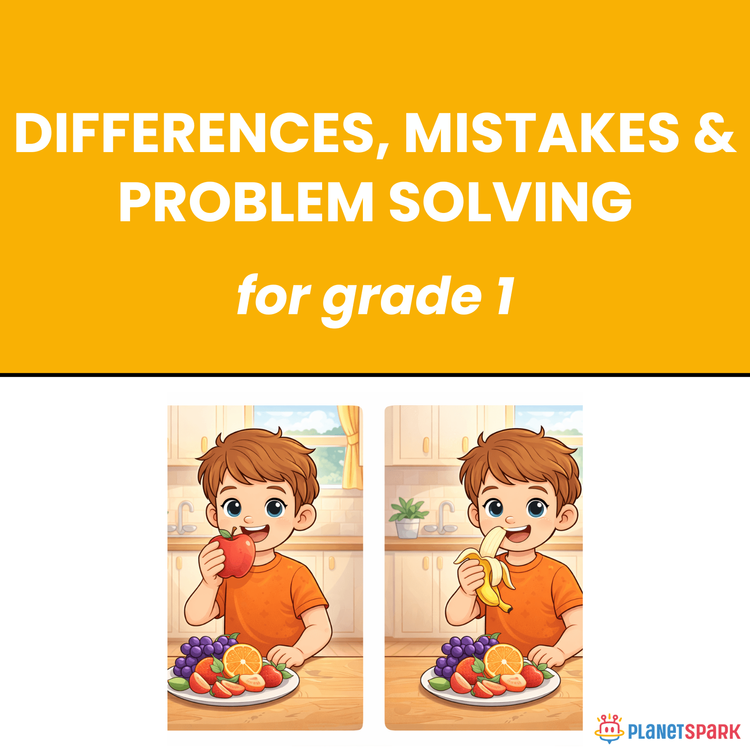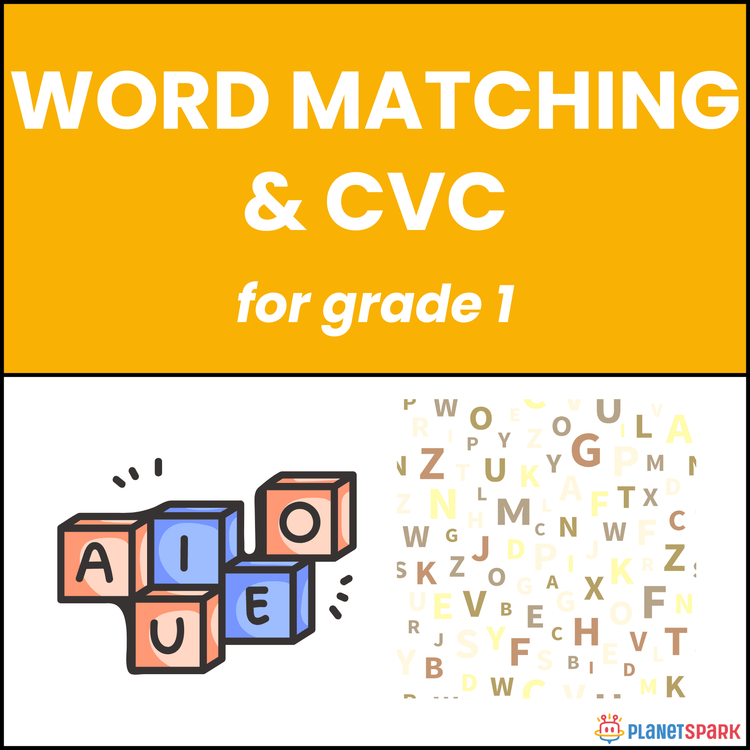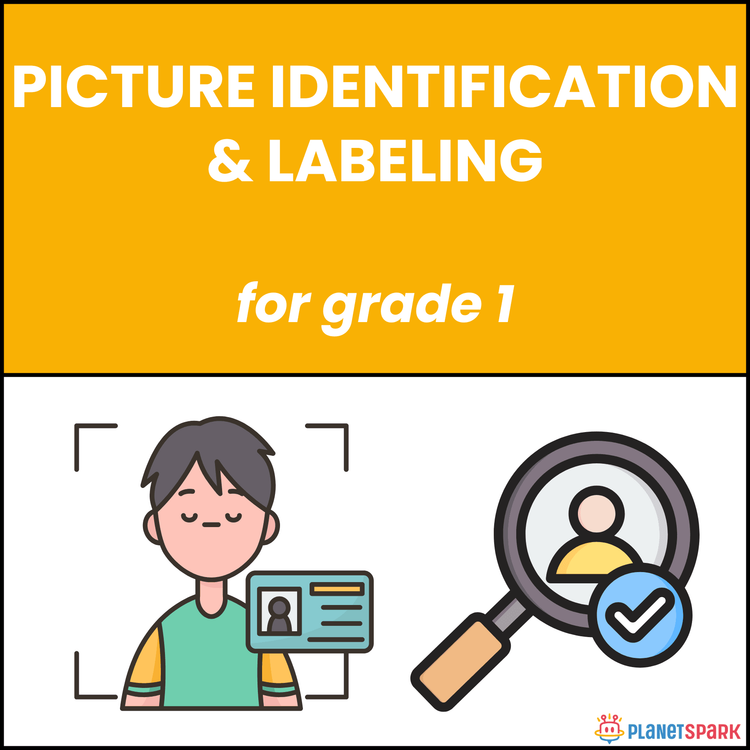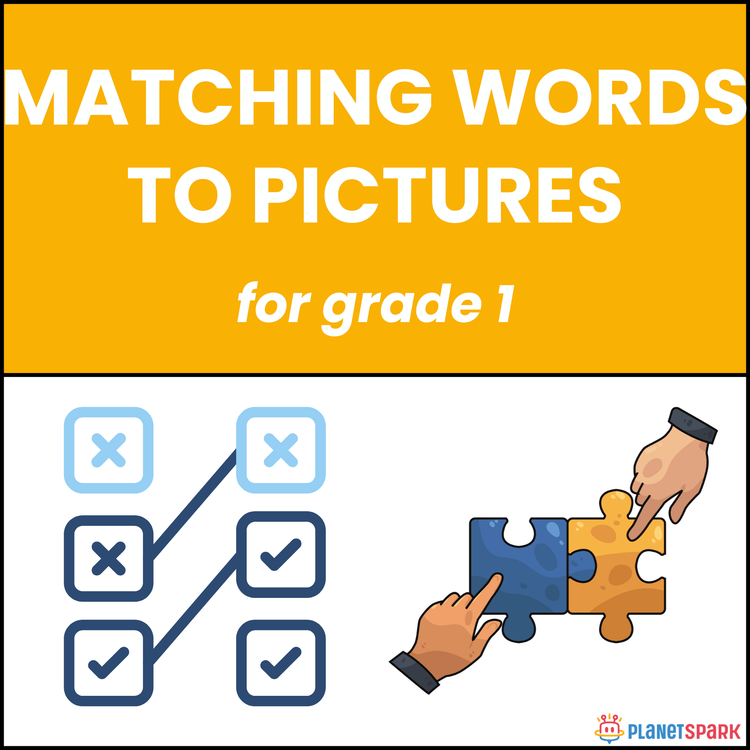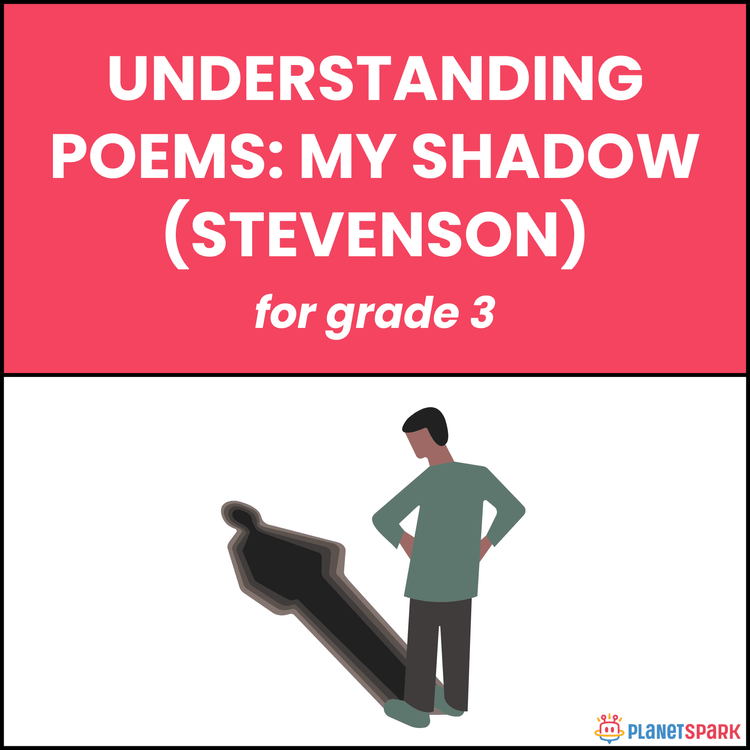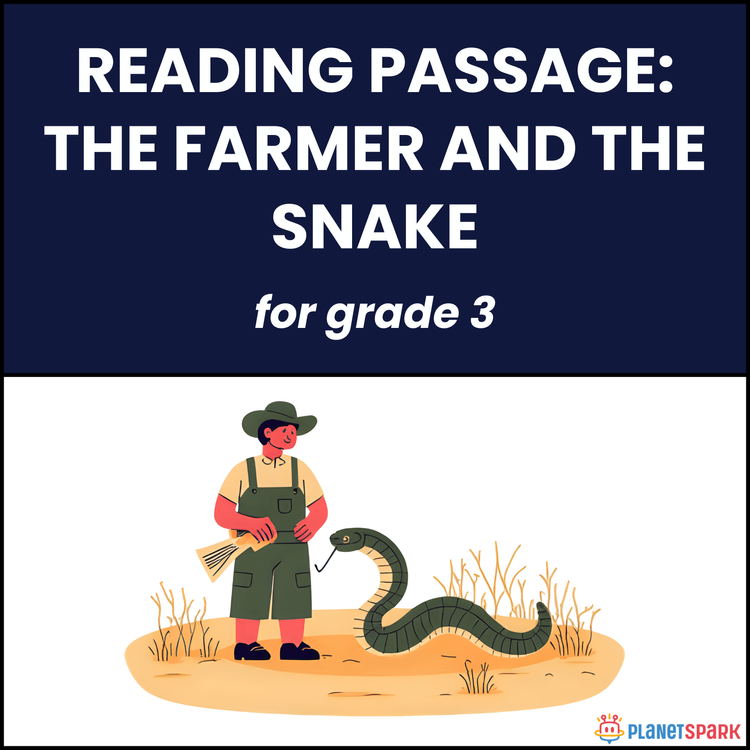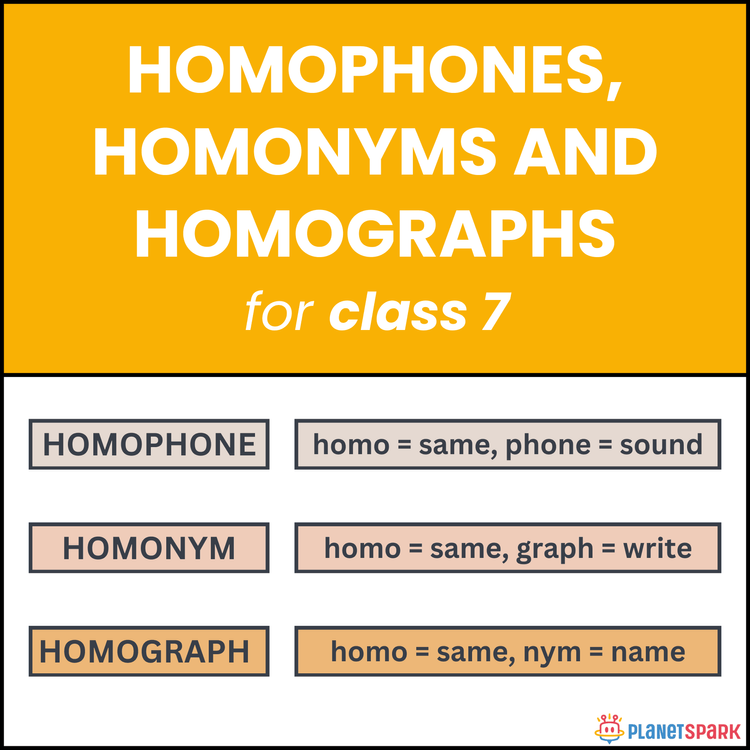Hard Soft C & G – Class 1 Grammar Sheet
EnglishClass 1Free DownloadPDF
Tanishka SharmaVisit Profile
English teacher with 2 years of expertise from teaching in both IB and CBSE schools.


Hard Soft C & G – Class 1 Grammar Sheet
EnglishClass 1Free DownloadPDF
Tanishka SharmaVisit Profile
English teacher with 2 years of expertise from teaching in both IB and CBSE schools.
Class 1 English Worksheets: Learn Hard and Soft Sounds of C and G with Fun Printable PDFs
Help your child unlock the power of pronunciation with these engaging Class 1 English worksheets focused on hard and soft sounds of C and G. These printable phonics activities introduce children to one of the trickiest sound patterns in English through fun, child-friendly word blending exercises. Whether it’s /k/ in “cat” or /s/ in “cent,” your child will learn to spot the difference with ease.
Why Use These Worksheets?
1. Specifically designed for Class 1 students, tackling one of the most essential yet confusing phonics rules.
2. Printable and accessible – ready to use at home, in school, or as part of guided reading practice.
3. Aligned with CBSE/ICSE Class 1 phonics syllabus to build foundational literacy and clear pronunciation.
4. Features a mix of circle-the-word, fill-the-blank, and sound-blending tasks that make learning dynamic and interactive.
What’s Included in This Collection?
This worksheet pack helps students clearly differentiate between hard and soft sounds for both letters:
a. Hard C sounds (e.g., cat, cup, cake)
b. Soft C sounds (e.g., city, cent, face)
c. Hard G sounds (e.g., goat, gap, gate)
d. Soft G sounds (e.g., gem, giant, cage)
Fun activities like:
a. Word identification
b. Picture-matching
c. Blending drills
d. Coloring sound-based words
Who Made These Worksheets?
These phonics resources are crafted by trusted educators at PlanetSpark, who bring together classroom expertise and playful teaching methods. Talented teachers Tanishka Sharma and Priyanka Gupta develop these tools to help children build strong literacy habits early on.
How to Use These Worksheets?
Here are a few simple and effective ways to get the most out of this worksheet set:
1. Use as part of a morning phonics routine to start the day with focused sound recognition.
2. Assign them for home revision to reinforce school learning on tricky consonant sounds.
3. Include them in classroom phonics games or station activities for interactive learning.
4. Pair with speaking drills to help students verbalize the difference between sounds.
5. Use the blending section to practice sound segmentation and fluency aloud.
Master hard and soft C and G with side-by-side word comparison tasks.
Frequently Asked Questions
Use comparison tasks showing both hard and soft sounds.
They improve decoding and spelling skills.
City, celery, giraffe, and gem are easy starting points.
